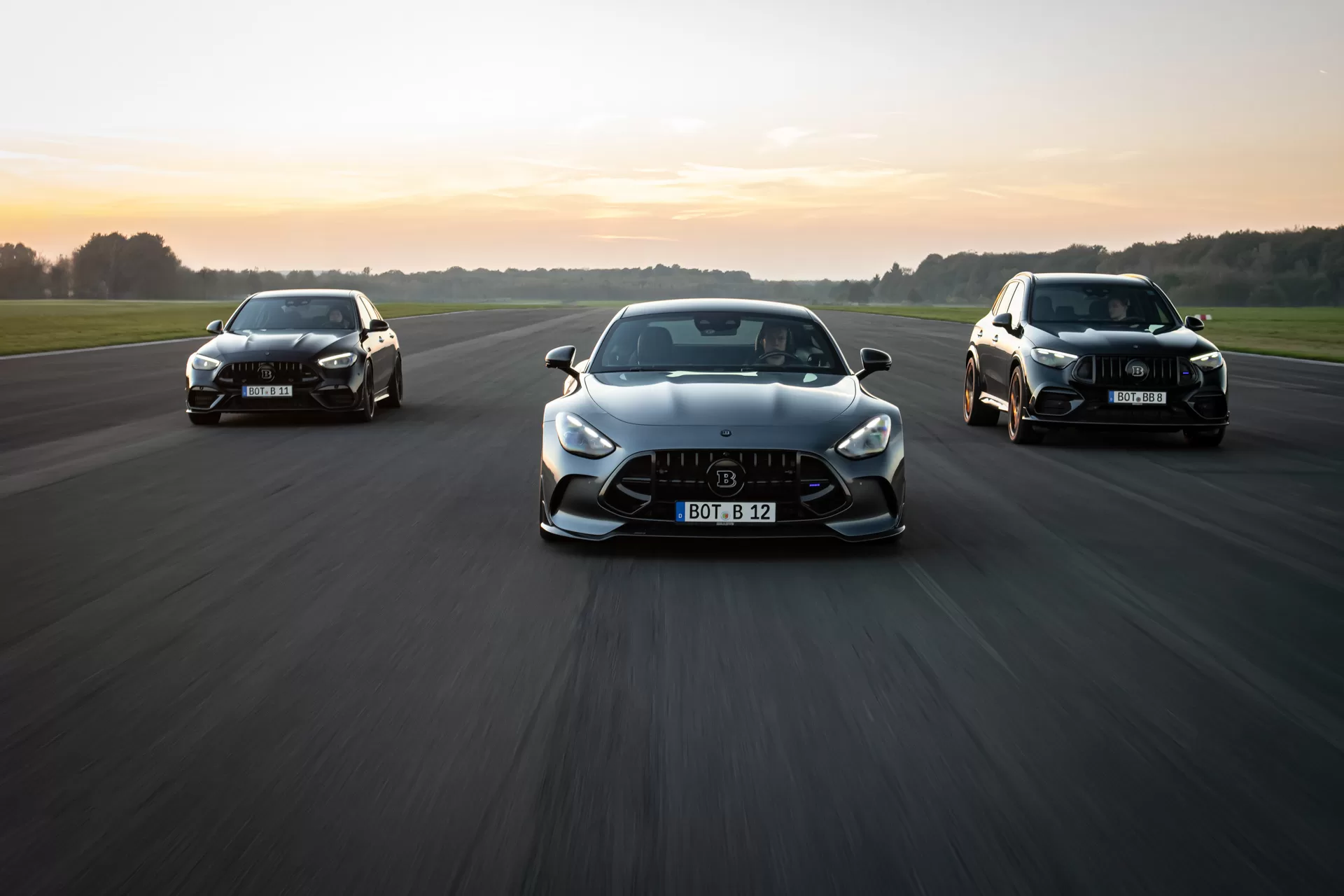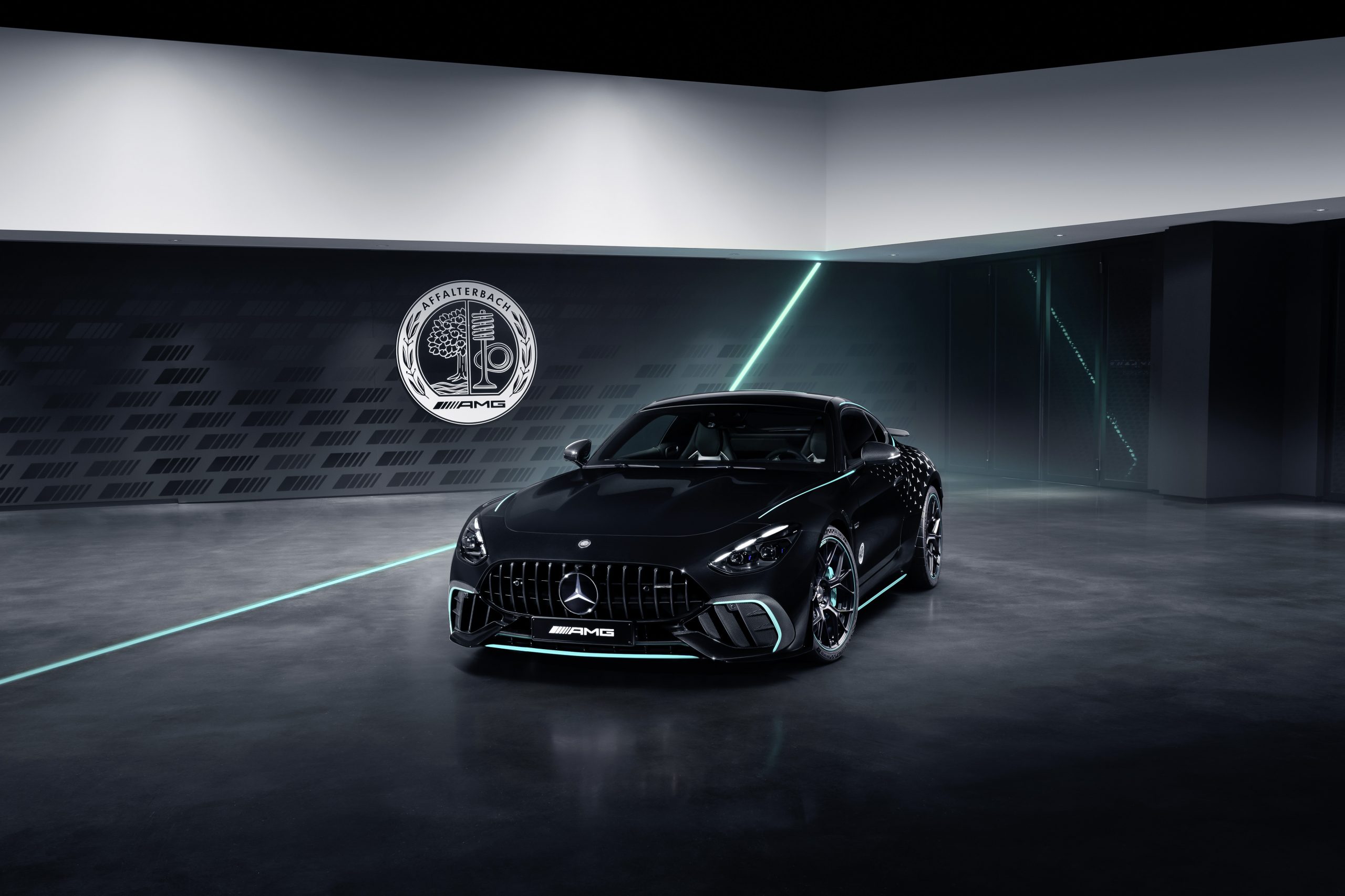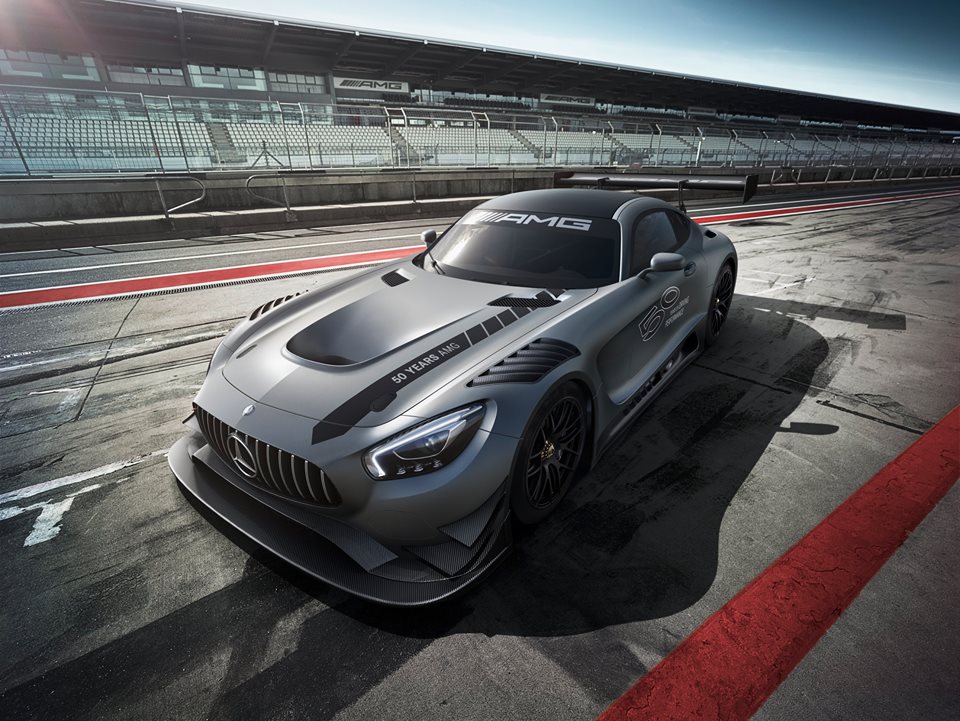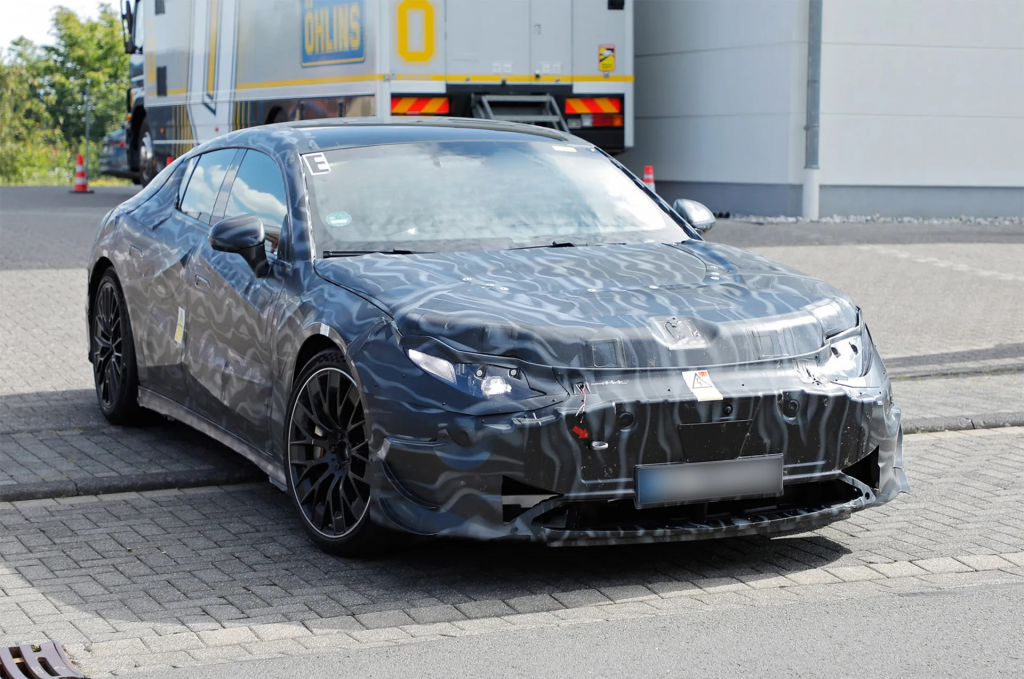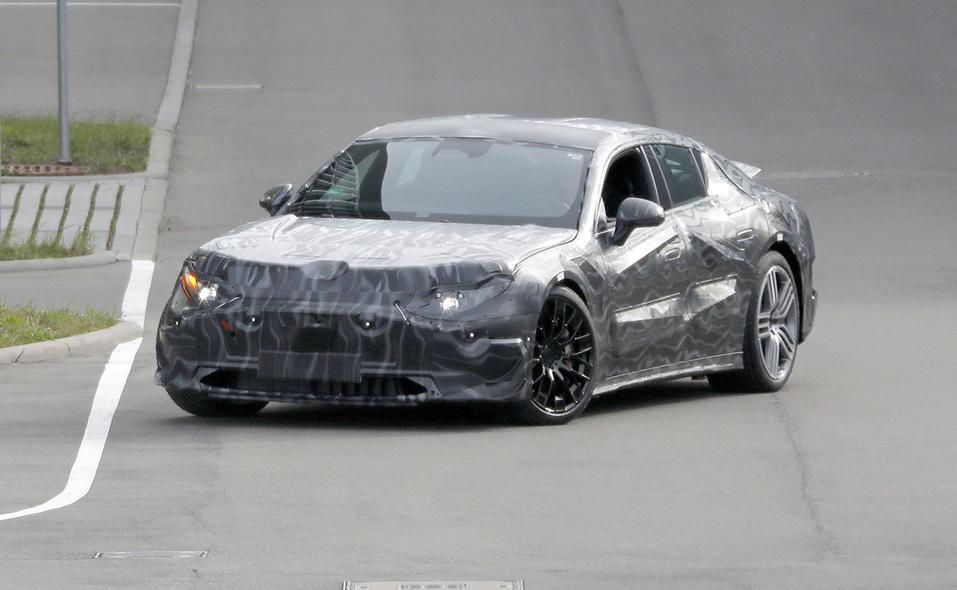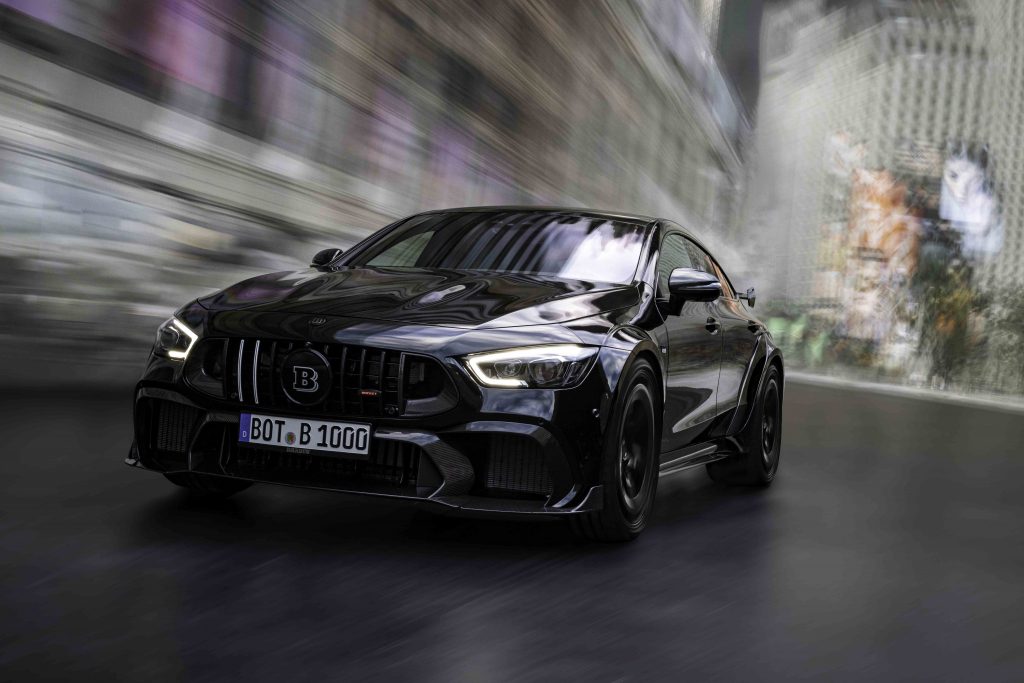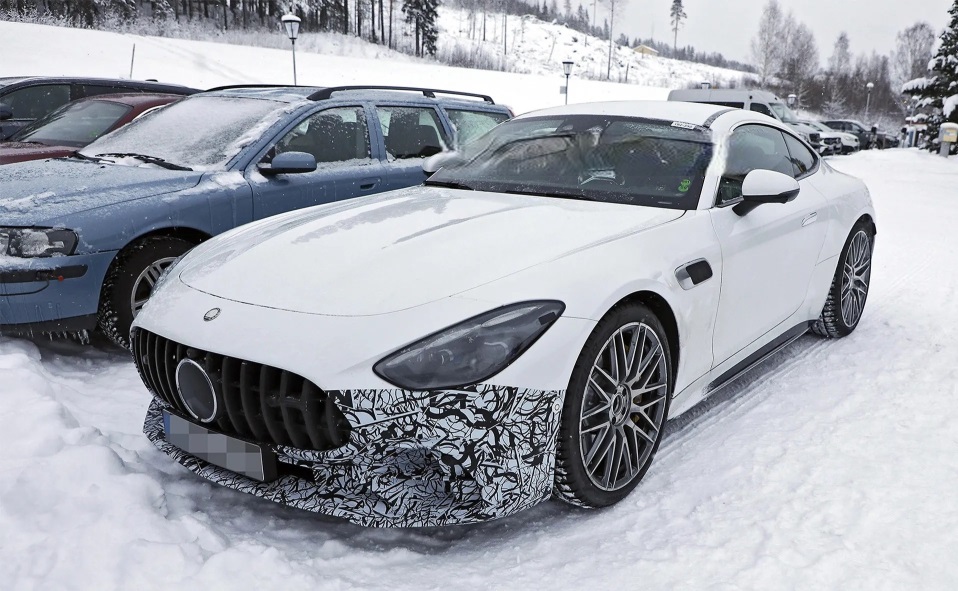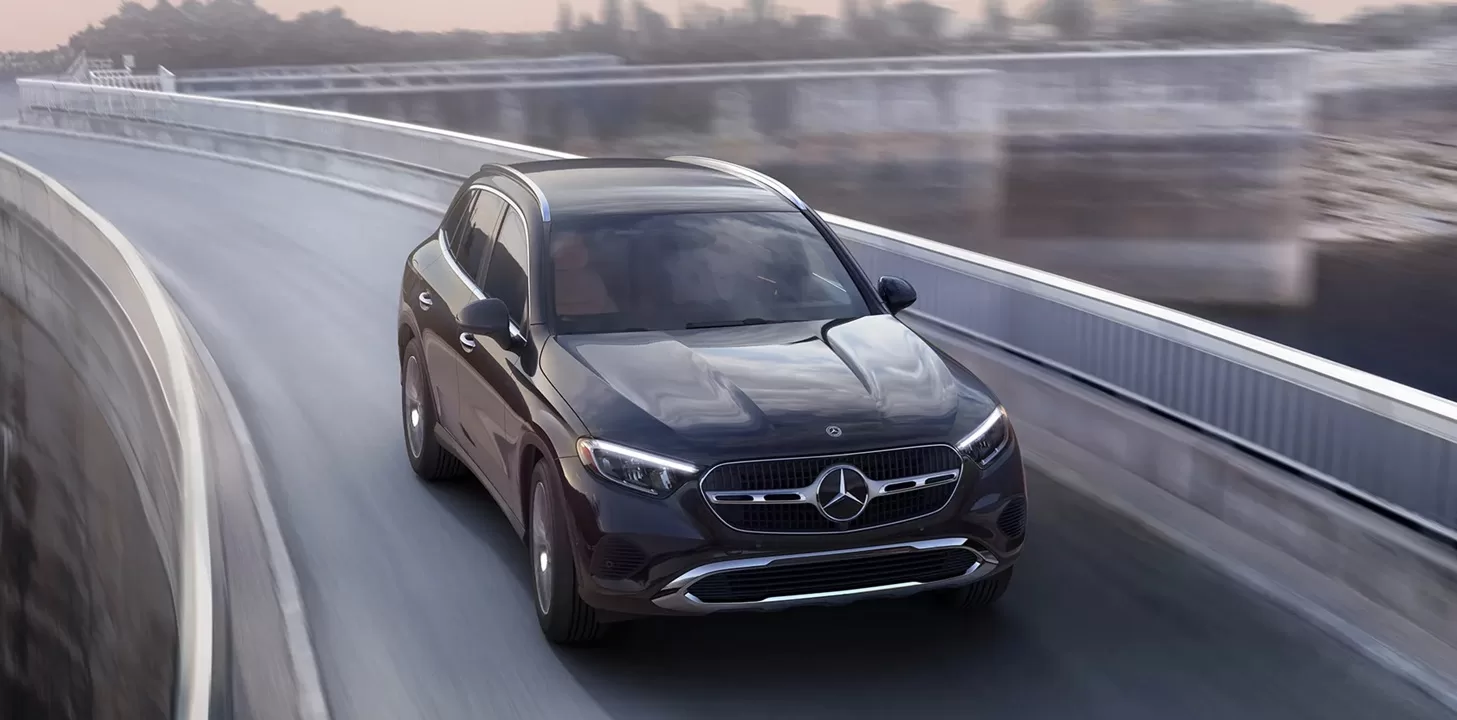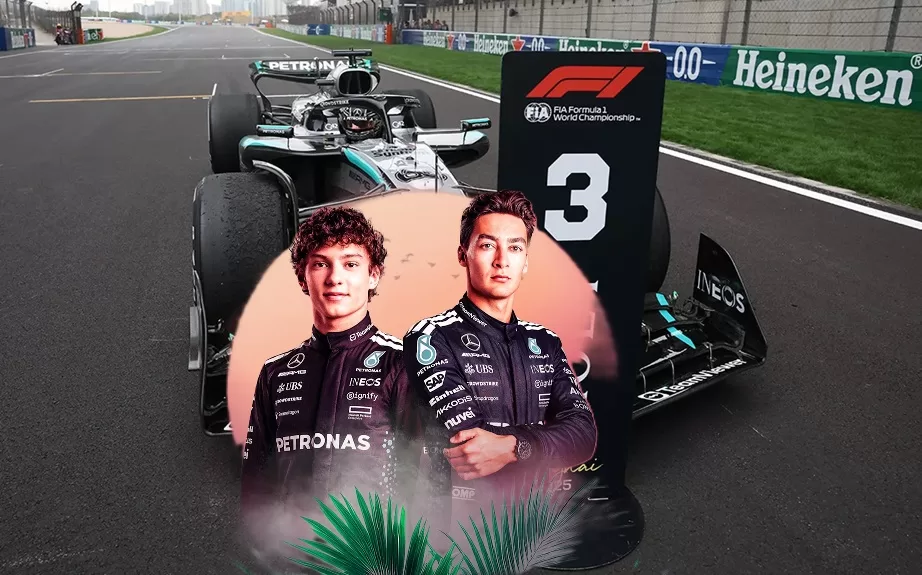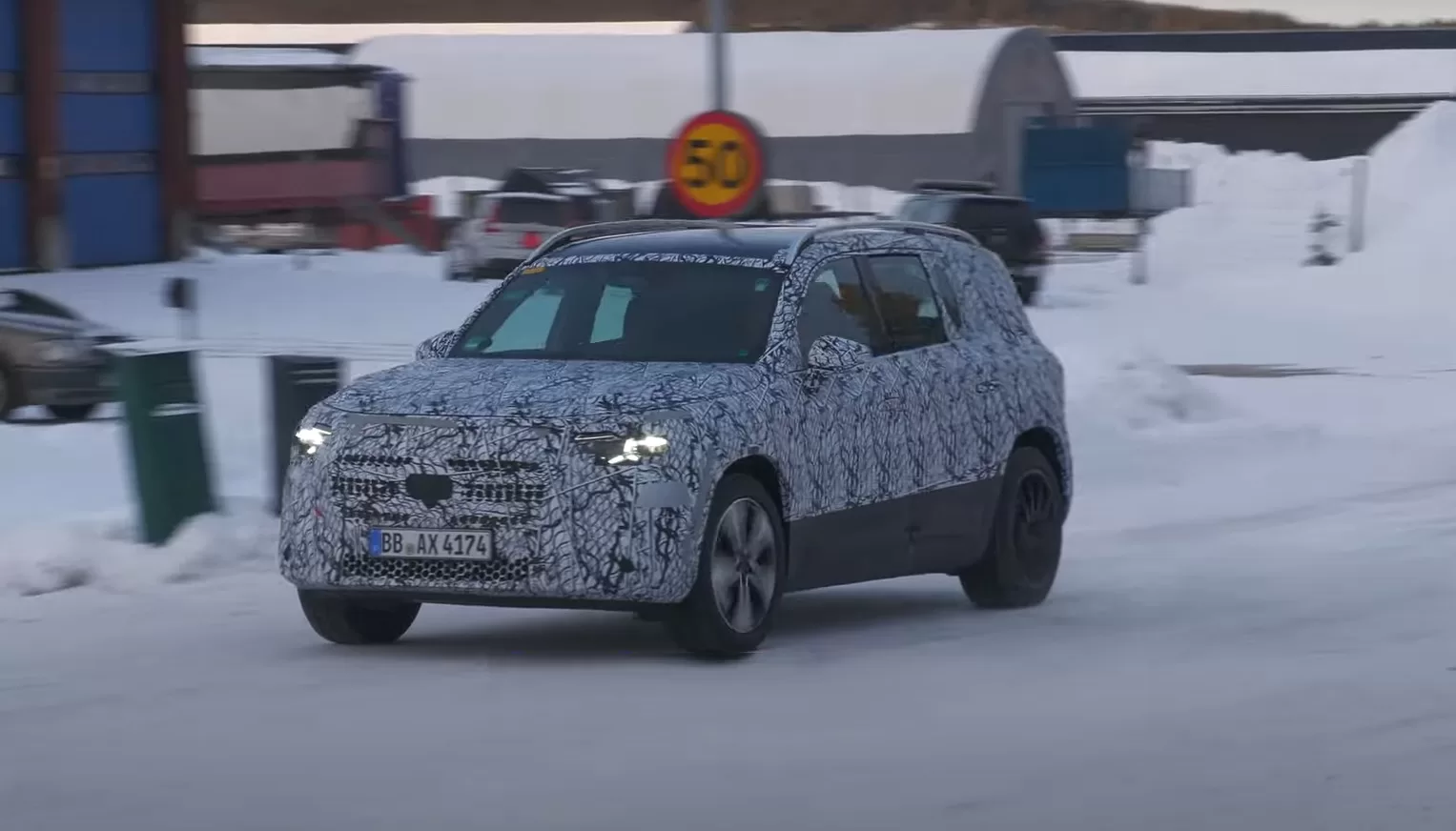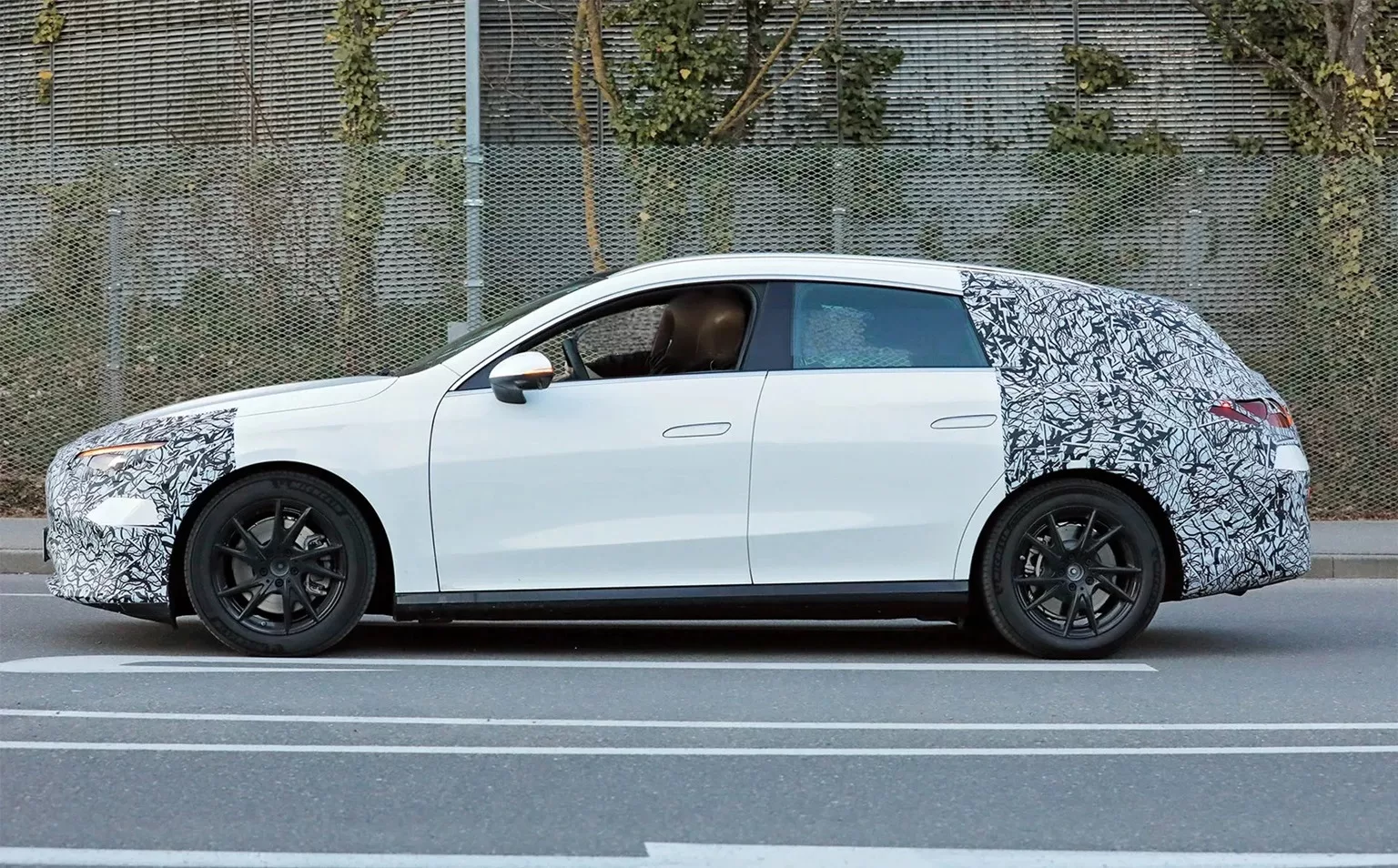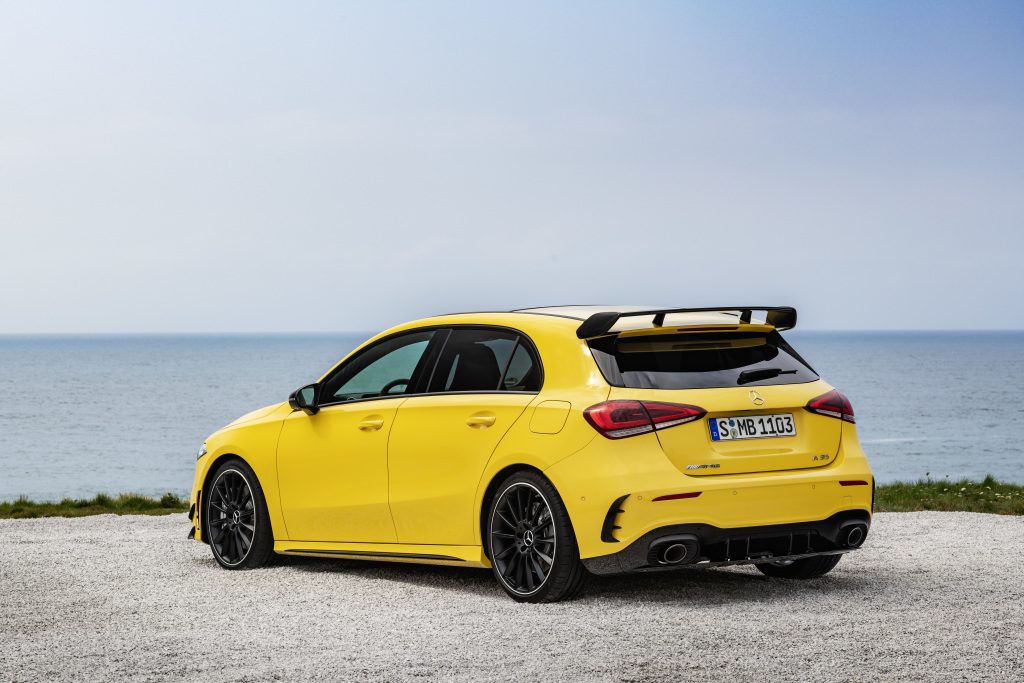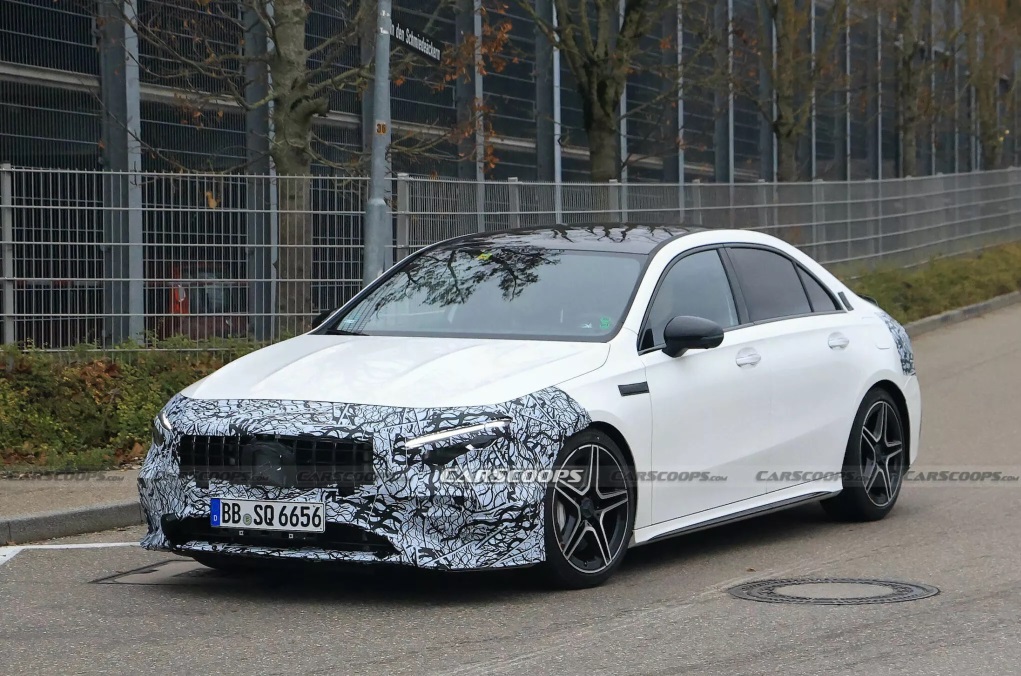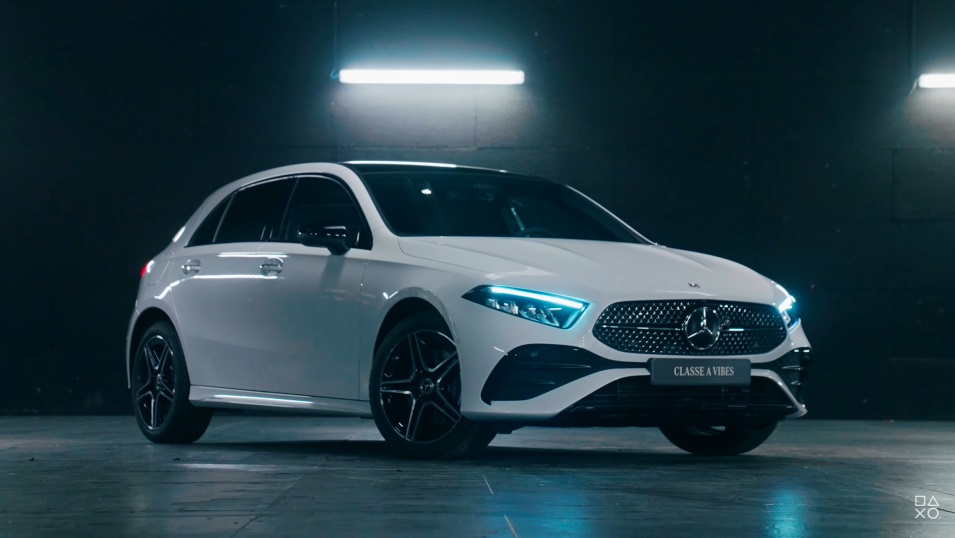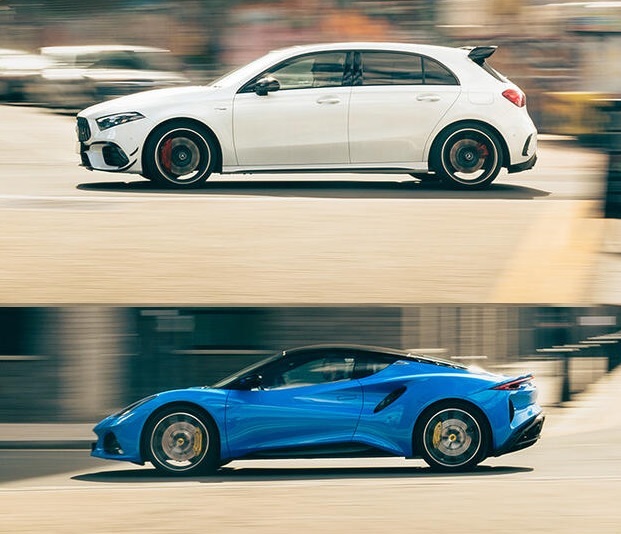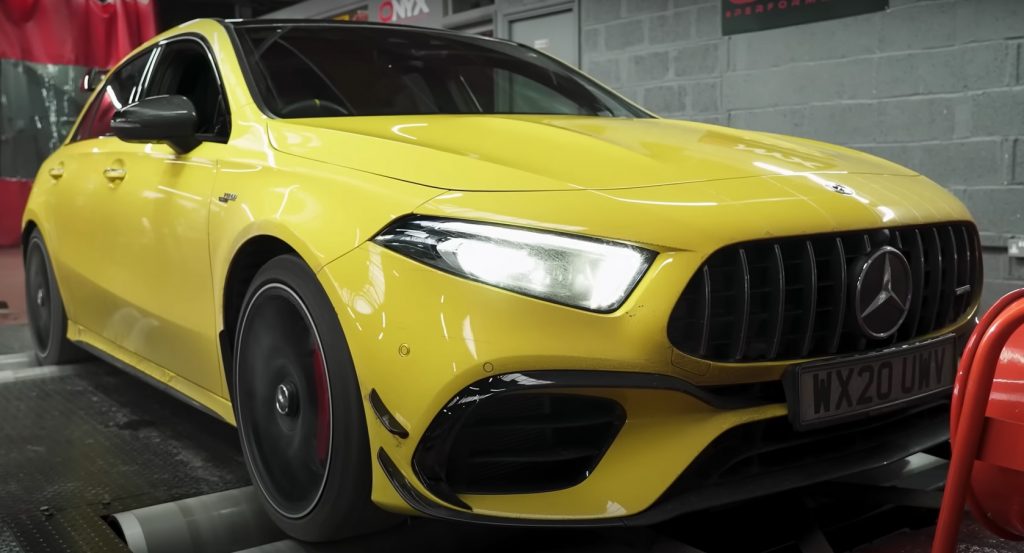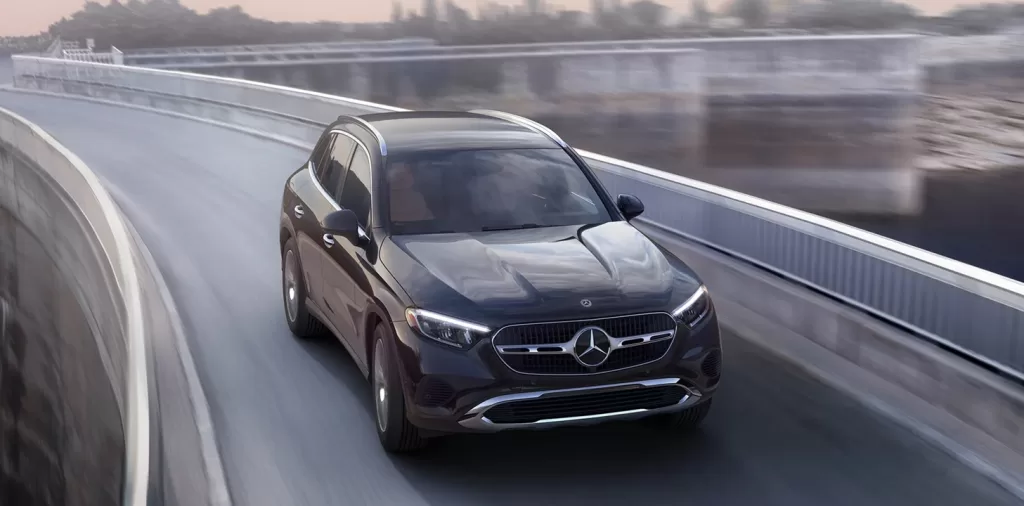The slogan “The Best or Nothing” rings true in every aspect of Mercedes-Benz car engineering. Recently, the German luxury vehicle maker’s CEO, Ola Källenius, highlighted how they take matters seriously when it comes to safety and innovation with their luxury vehicles.
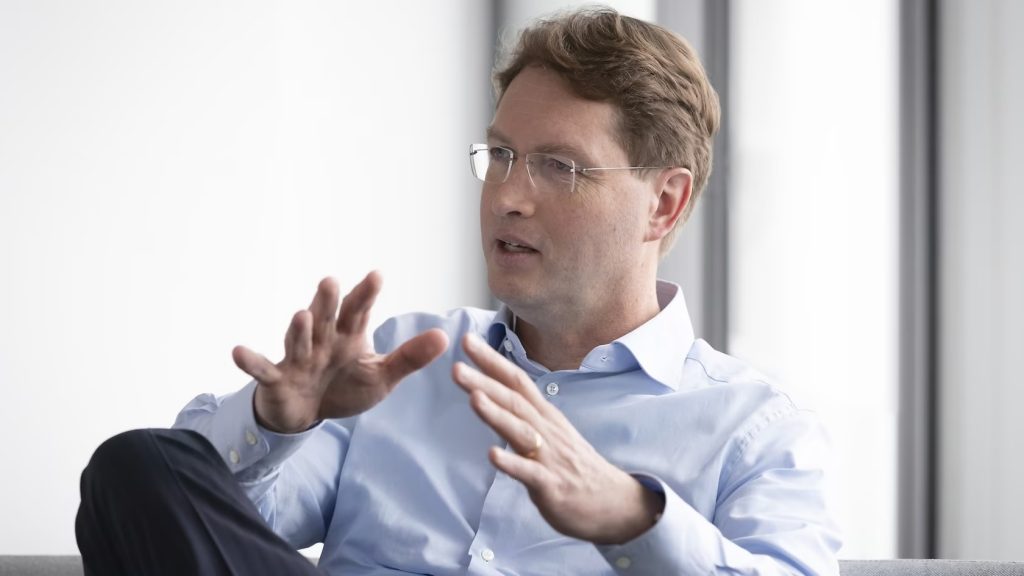
Taking Safety Beyond the Norm
Mercedes-Benz’s commitment to safety extends beyond conventional testing organizations like Euro NCAP, ADAC, or the IIHS. According to the interview of Mercedes CEO Ola Källenius with Autocar, they are not content with merely earning stars; Mercedes strives only for the “Mercedes star,” which represents a relentless pursuit of perfection and the star that truly matters to them.
One standout approach involves subjecting not just their own vehicles but also those of their competitors’ products to rigorous crash tests. By doing so, Mercedes gains valuable insights that contribute to the enhancement of their models’ safety features.
Defying Competition with Safety Expertise
When asked about competition, particularly the emerging Chinese rivals in the European market, Källenius exuded confidence in highlighting that the unparalleled safety heritage of Mercedes-Benz is a key differentiator in this part. He said that their unwavering dedication to meticulous development and exhaustive testing processes gives them a competitive edge.
This advantage makes Källenius less concerned about the influx of new players and models in Europe’s automotive landscape.
Embracing the Electric Revolution
In the same conversation, Källenius emphasized the commitment of Mercedes-Benz to the electric vehicle (EV) revolution. The Mercedes boss revealed that the company is investing “double-digit billions of euros” to develop next-generation EVs.
While Mercedes aims to transition to an all-electric lineup by 2030 where feasible, the CEO acknowledged the continued relevance of hybrid “high-tech ICE vehicles” in the coming decade. To him, it’s a balancing act that ensures Mercedes remains at the forefront of sustainable mobility.
Evaluating E-Fuels
Lastly, the discussion touched on the topic of e-fuels, which have been proposed as an alternative to traditional fossil fuels. Källenius, however, contended that battery-powered EVs remain the more efficient option, considering the entire production process.
While e-fuels have potential, he opined that their industrialization is not anticipated within the current decade.

